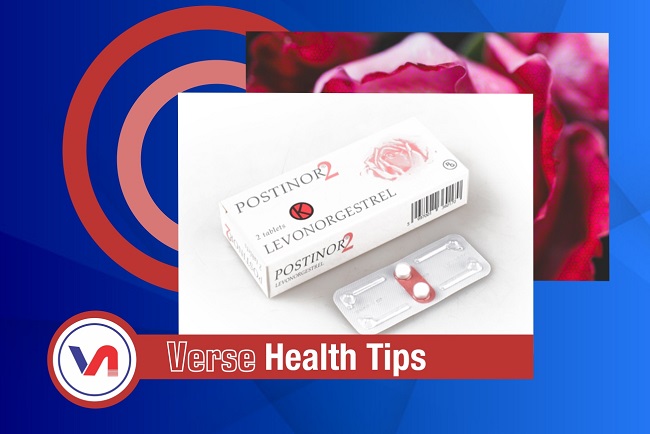Health
LADIES: Three Reasons Emergency Contraception Pill (Postinor 2) May Fail After Taking It
Be sure to double check the emergency contraceptive package information for more detailed information.

Emergency contraception refers to methods of contraception that can be used to prevent pregnancy after sexual intercourse.
These are recommended for use within 5 days but are more effective the sooner they are used after the act of intercourse.
Commonly used method to prevent the chances of getting pregnancy and unprotected sex is Postinor 2.
What is Postinor 2?
Postinor-2 is an emergency contraceptive only. Postinor-2 is not intended as a regular method of contraception. It is used to prevent pregnancy when taken within 72 hours of unprotected intercourse.
It is estimated that Postinor-2 will prevent 85% of expected pregnancies. 95% of expected pregnancies will be prevented if taken within the first 24 hours, declining to 58% if taken between 48 hours and 72 hours after unprotected intercourse.
It is not known whether Postinor-2 is effective if taken more than 72 hours after unprotected intercourse.
VerseNews understands that emergency contraception can be effective at preventing pregnancy, but sometimes people take it and still become pregnant.
Here are the three main reasons why this happens.
1. Ovulation happened before you took the pill
Emergency birth control is all about timing. It’s recommended that you take the pill as soon as you can—if you wait too long, you might miss the window during which the pill can be effective.
If you take it right after sex, it can prevent you from ovulating if you haven’t started already. If you have sex at the time you ovulate or after you ovulate, your emergency contraception pill won’t be effective.
If you have unprotected sex again after you take the pill in the same cycle, it might not work.
2. The morning-after pill is more effective for some body types
Healthcare providers use the Body Mass Index (BMI) scale to group people into generic categories based on height and weight. (Remember that while BMI is often used as a screening tool, a higher BMI doesn’t mean someone is unhealthy.
“Body Mass Index (BMI) is a person’s weight in kilograms (or pounds) divided by the square of height in meters (or feet). A high BMI can indicate high body fatness. BMI screens for weight categories that may lead to health problems, but it does not diagnose the body fatness or health of an individual.”
Current studies show that emergency contraceptive pills are less effective for people who have a BMI of 30 or higher.
People who have a BMI of 30 or higher who take emergency contraception might become pregnant more frequently than those with a BMI of 25 or less. This doesn’t mean if your BMI is 30 or higher that you shouldn’t take emergency contraception.
Note: BMI doesn’t consider a person’s age, sex-assigned at birth, muscle mass, or other health factors like food intake or exercise. It also doesn’t differentiate between lean body mass and fat mass, which means people like athletes with low body fat can have a high BMI.
3. You’re taking a medication that interacts with emergency contraception
Some drugs and herbal products can cause emergency birth control pills to be less effective.
Be sure to double check the emergency contraceptive package information for more detailed information.
However, always opt in using condom and visit a doctor when necessary.
Share for others to learn.
























You must be logged in to post a comment Login